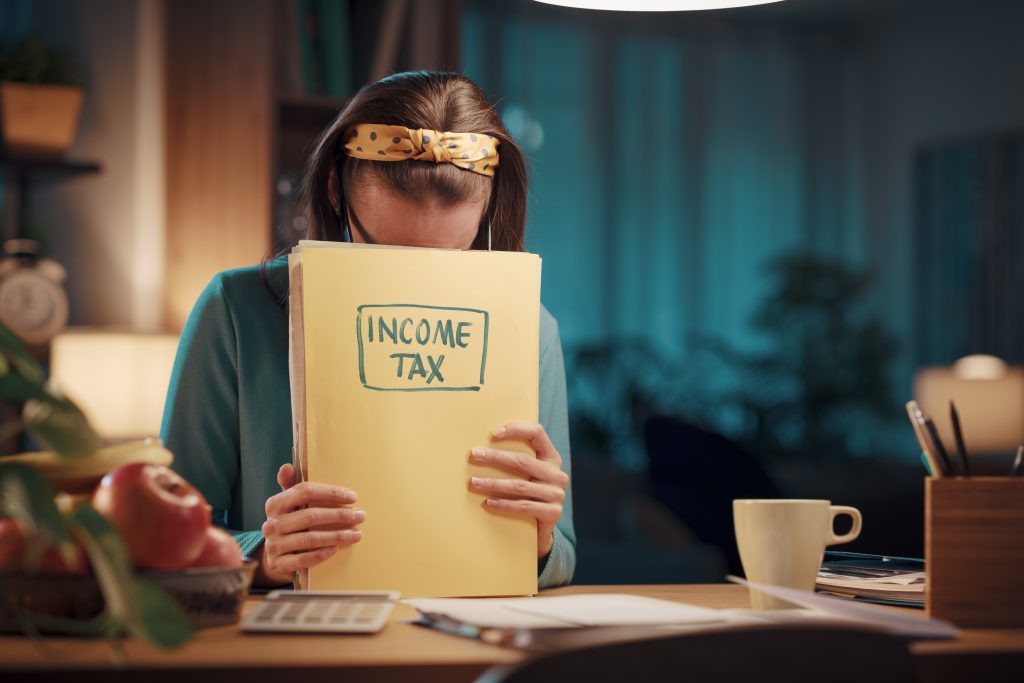Did you know that some of the fees you pay to your accountant might be tax-deductible in New Zealand? These professional fees may be considered an allowable expense, depending on their purpose and how they relate to your income. If you incurred costs for tax compliance, tax return preparation, or managing taxable expenses, you might be eligible for a tax deduction. It’s important to understand the IRD regulations to ensure your claim is accurate and complies with the rules.
Expenses related to work-related income or business operations are often tax-deductible, while costs for personal matters are not. Keeping detailed financial records and understanding the deduction limits can streamline the process. By claiming eligible expenses, such as accountant costs for professional advice, you can maximize your tax benefit. Knowing what qualifies as a taxable expense is essential to making the most of your return.

What Are Accountant Fees?
Accountant fees refer to the charges for professional services provided by an accountant to help manage your finances and ensure compliance with tax regulations. These fees can vary depending on the services you require and the complexity of your financial situation. Typical services include:
- Tax Return Preparation: Assistance with filing accurate tax returns and ensuring compliance with IRD regulations. For example, a basic individual tax return might cost $150–$300.
- Tax Compliance: Ensuring your financial records meet legal requirements, including GST filing or PAYE submissions for businesses. Fees for these services often range from $200–$500.
- Financial Reporting: Preparing detailed reports for businesses or self-employed individuals to track income, expenses, and deductions. These services can cost between $500 and $1,000, depending on the scope.
For instance, a small business owner might pay $600 for tax return preparation and compliance support, which helps them avoid penalties and maximize their deductions. These fees are an investment in managing your financial health effectively.
Are Accountant Fees Tax-Deductible in New Zealand?
In New Zealand, accountant fees can be tax-deductible if they meet certain criteria set by the IRD. The key rule is that the expense must be directly related to earning taxable income or maintaining tax compliance for a business or work-related activity.
Conditions for Deductibility
Accountant fees qualify as taxable expenses if they are:
- Incurred for preparing business-related tax returns.
- Paid for managing compliance, such as GST or PAYE filings.
- Connected to professional advice for income generation or business operations.
Examples of Allowable Expenses
- Fees for preparing a small business tax return.
- Costs associated with filing rental property income.
- Services for handling overdue tax returns related to work or business.
Examples of Non-Allowable Expenses
- Fees for personal tax advice, such as guidance on personal savings or retirement plans.
- Costs unrelated to generating taxable income, such as estate planning or family budgeting services.
By understanding these rules and maintaining proper records, you can confidently claim accountant fees that align with IRD requirements, reducing your taxable income and maximizing your financial benefits.

How to Claim Accountant Fees on Your Tax Return
Claiming accountant fees on your tax return in New Zealand can be a straightforward process when you understand the steps. Begin by identifying which fees qualify as deductible expenses. Ensure they are directly related to your work or business, such as preparing tax returns, managing GST, or handling compliance tasks. Gather all necessary documentation, including invoices and receipts, to support your claim.
When it’s time to file, log in to the IRD’s online tax portal. Navigate to the section for deductible expenses, where you’ll input the total amount of your eligible accountant fees. If you use accounting software like Xero, the process becomes even simpler. Xero automatically categorizes your expenses, making it easy to identify and record accountant fees.
Here’s an example of how eligible fees might appear in your return:
| Expense Type | Description | Amount (NZD) |
|---|---|---|
| Professional Services Fee | Tax return preparation for business | $400 |
| Compliance Services Fee | GST filing and reporting assistance | $300 |
| Total | $700 |
After entering your expenses, review your tax return to ensure accuracy. Tools like Xero can generate detailed financial reports to double-check your data before submission. By following these steps, you can confidently claim your accountant fees and reduce your taxable income.
Examples of Accountant Fees That Can Be Claimed
Accountant fees can be claimed as deductible expenses in a variety of scenarios, particularly when they are directly related to earning taxable income or managing business finances. For example, freelancers and contractors often claim fees for assistance with GST filing, as managing these returns can be complex and time-consuming. Similarly, rental property owners can claim the costs associated with preparing income and expense reports for their properties.
Small business owners frequently deduct fees paid for preparing business tax returns, managing payroll compliance, or addressing overdue tax filings. For instance, a café owner who hires an accountant to handle PAYE submissions and prepare their annual tax return can claim these costs as professional services.
The table below provides a breakdown of claimable accountant fees across different industries:
| Industry | Service Provided | Fee Example (NZD) |
|---|---|---|
| Freelancers/Contractors | GST filing and compliance advice | $200–$500 |
| Rental Property Owners | Preparing income and expense reports | $300–$600 |
| Small Business Owners | Tax return preparation and payroll support | $400–$1,000 |
| Self-Employed Individuals | Deduction reviews for business expenses | $150–$500 |
These examples illustrate how accountant fees can vary depending on the nature of the work and the industry. By ensuring these costs are connected to generating taxable income, you can confidently include them as deductions in your tax return.

Frequently Asked Questions
Can I claim accountant fees on my tax return in New Zealand?
Yes, in New Zealand, you can claim accountant fees as a tax deduction if they are directly related to earning taxable income or managing business operations. This includes services such as tax return preparation, GST filing, and financial reporting. Personal expenses, like fees for personal tax advice, are generally not deductible.
How do I calculate the portion of accountant fees related to personal vs. business taxes?
To determine the deductible portion of accountant fees, assess the time and resources your accountant allocated to business-related services versus personal matters. For example, if 70% of the accountant’s work was for your business and 30% was personal, you can claim 70% of the fees as a business expense. It’s essential to keep detailed records and, if uncertain, consult with your accountant for accurate apportionment.
What happens if I claim non-eligible accountant fees by mistake?
If you mistakenly claim non-deductible accountant fees, it’s important to correct the error promptly. You can amend your tax return through your myIR account or by contacting Inland Revenue directly. Addressing the mistake proactively can help minimize potential penalties or interest charges.
Are there penalties for incorrectly claiming accountant fees?
Yes, claiming ineligible expenses can result in penalties and interest charges from Inland Revenue. To avoid this, ensure that all claimed expenses are directly related to earning taxable income and are well-documented. If you’re unsure about the eligibility of certain expenses, it’s advisable to consult a tax professional.
How long should I keep records of accountant fees and other tax-related documents?
In New Zealand, you’re required to retain tax records, including invoices and receipts for deductible expenses, for at least seven years. Keeping thorough records is crucial in case of an audit or if you need to substantiate your claims to Inland Revenue.
